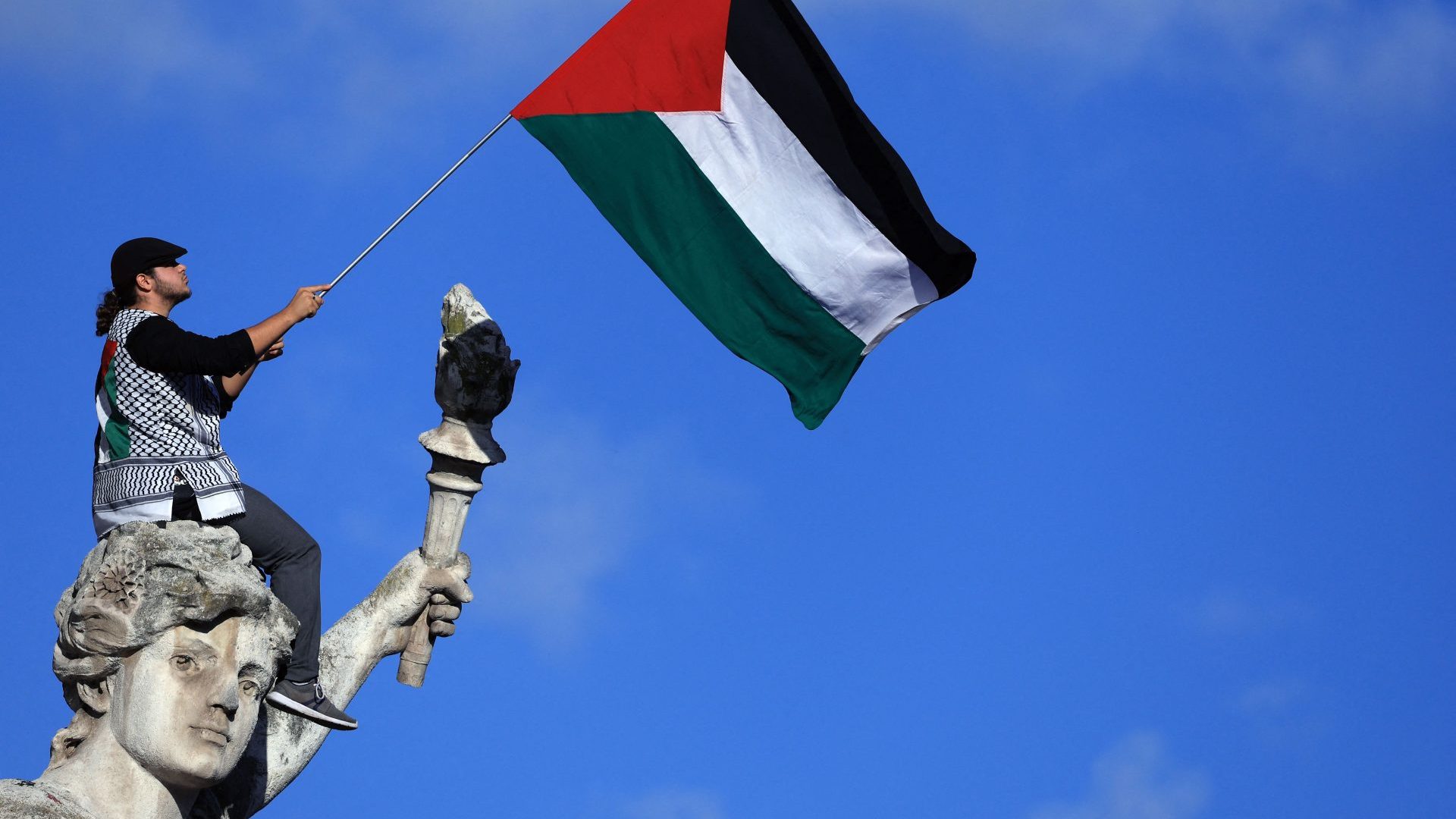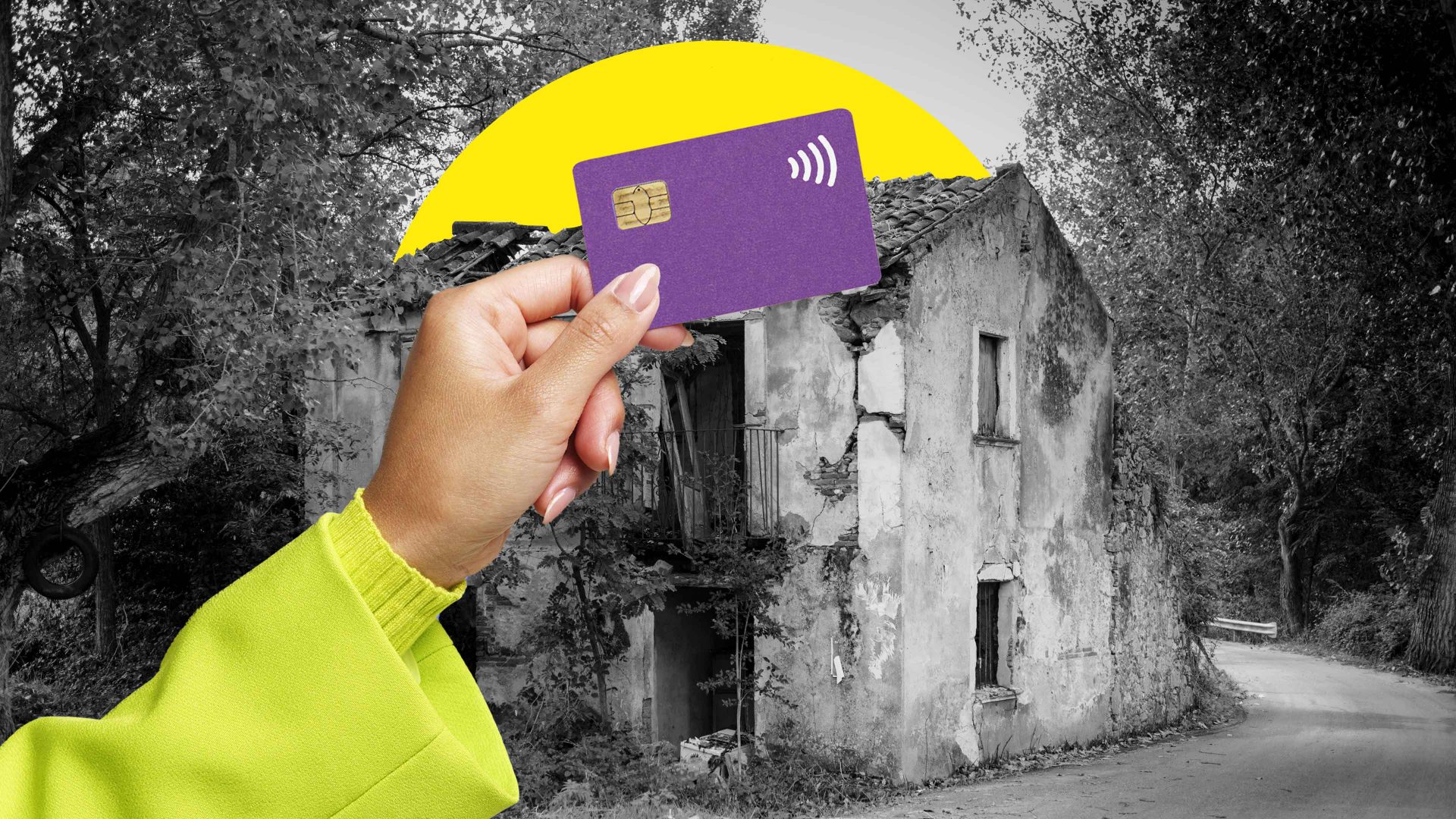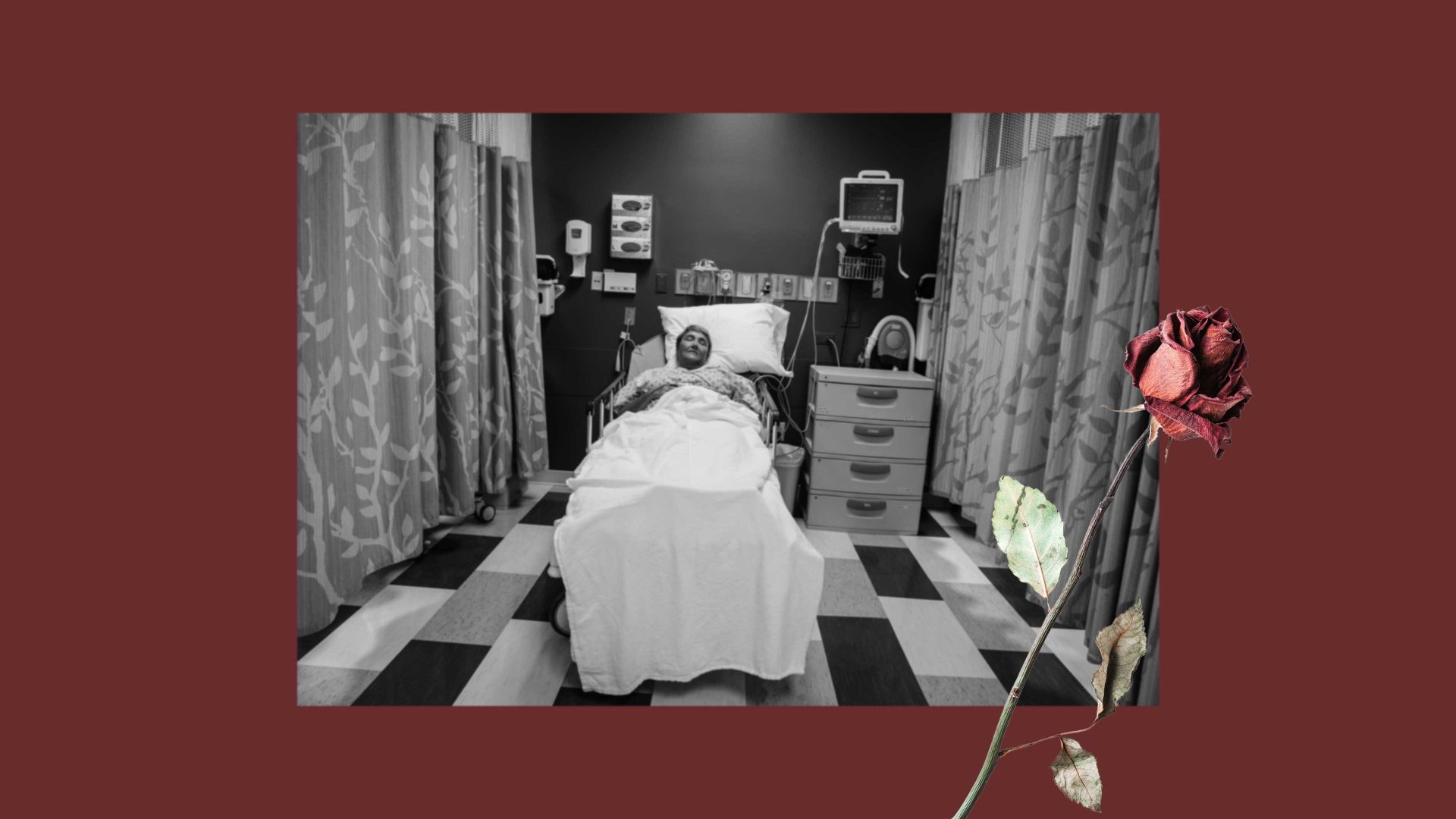It took until the penultimate game of the tournament for me to make it to a Rugby World Cup match. A friend decided he couldn’t care less whether Argentina or England won bronze and offered me a couple of tickets.
There had been organisational problems at the beginning of the tournament, so we arrived at the Gare de Nord at 7.45pm to make sure we would make the 9pm kick-off.
My vigilance, it turns out, was unnecessary. The train was on time and we were in our seats by 8.15.
The only time-consuming part was getting through security. We were patted down on three separate occasions, but considering what had happened in France over the past three weeks, this provided reassurance more than frustration.
The first time I realised the situation in Israel and Gaza might aggravate divisions in France was on October 13. A colleague of mine who’s got a friend in the Interior Ministry sent a message in the work chat group warning about an elevated terror risk. She advised us to avoid the Métro.
Later that same day, a philosophy teacher named Dominique Bernard was killed and two other people were critically injured in an Islamist-motivated stabbing at a school in Arras.
In the hours following the attack, the French government called for “immediate” reinforcement of security in schools and the country was placed on Urgence Attentat (Attack Emergency) – the highest of three levels in France’s national security alert system.
This was not an ideal atmosphere for an international sporting competition that involved nearly 100,000 people descending on Saint-Denis, the suburb just north of Paris where the Stade de France is located, twice a week for eight consecutive weeks. The November 2015 terrorist attacks, that killed 130 people, started at Stade de France.
A frightening rise in antisemitism, the banning of certain pro-Palestinain protests and a spate of false bomb alerts across the country – which included nearly 20 different airports, the Château de Versailles and the Louvre – did nothing to settle nerves.
All of these details were clearly not enough to dissuade international fans. The match I attended, maybe the least meaningful of the tournament, was at near capacity with nearly 78,000 spectators. One suspects the language barrier and a blanket of rugby fever kept many foreign visitors blissfully unaware of the mood during their visits to Paris.
Over dinner, a Kiwi friend staying in the Marais did express some disquiet after one of his evening strolls coincided with some political violence. Not exactly sure where he was at the time, he witnessed a column of pro-Palestinian protesters, one of whom was thrown to the ground no more than five metres away from where he stood.
“The teargas is appropriately named, it really does make you cry,” he told me, adding that despite this, he never felt unsafe, in the streets or the stadiums.
This feeling of security in the stadiums was echoed by people I spoke to at the match. The Frenchman behind us in the stands had no time for my questioning. He was too busy giving his son a lecture on how “horrible” and “shameful” he thought the English rugby strategy was.
Fortunately unable to understand him, a group of Geordies in front of me were chuffed to have downloaded an app that allowed them to order beers directly to their seats. Everyone else in our vicinity thought they were geniuses.
Asked whether the headlines were making them uneasy, the eldest of the group said there was a bit of talk around the quarter-finals, but that she felt “the French were looking after them.”
French officials presumably breathed a collective sigh of relief waking up the morning after South Africa’s victory.
But there is no time to waste. The real test, the Olympics, is now less than 10 months away.



